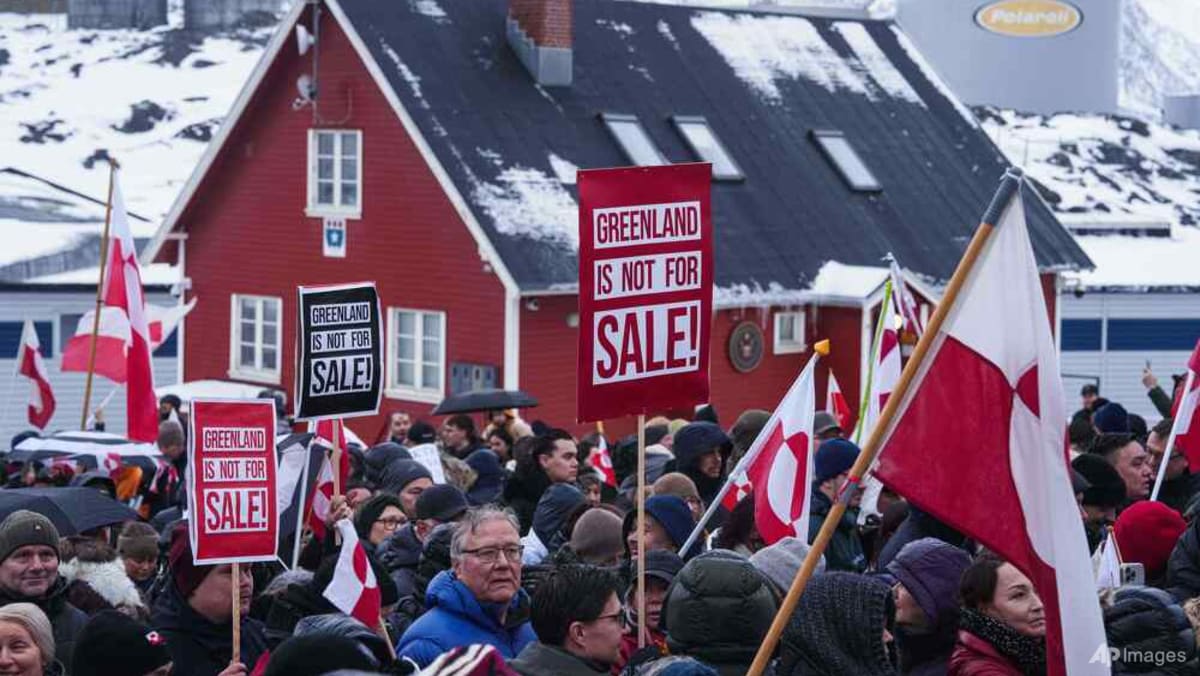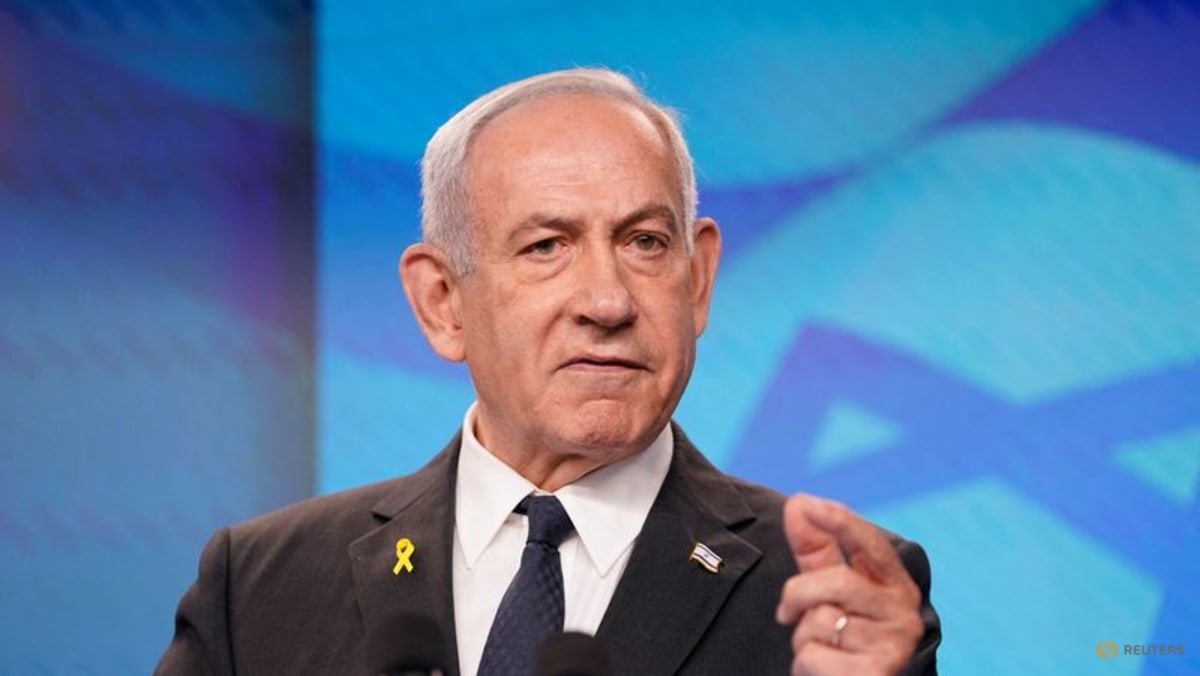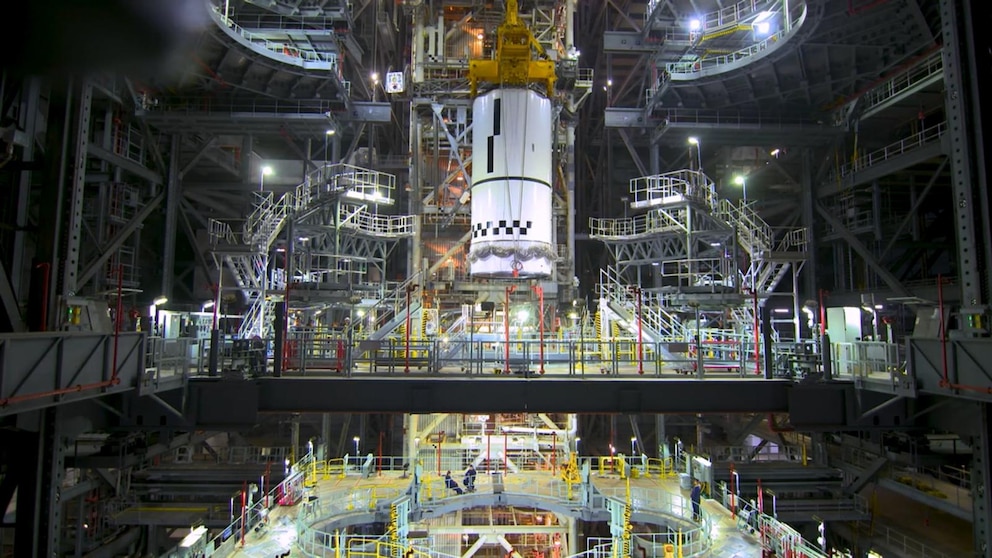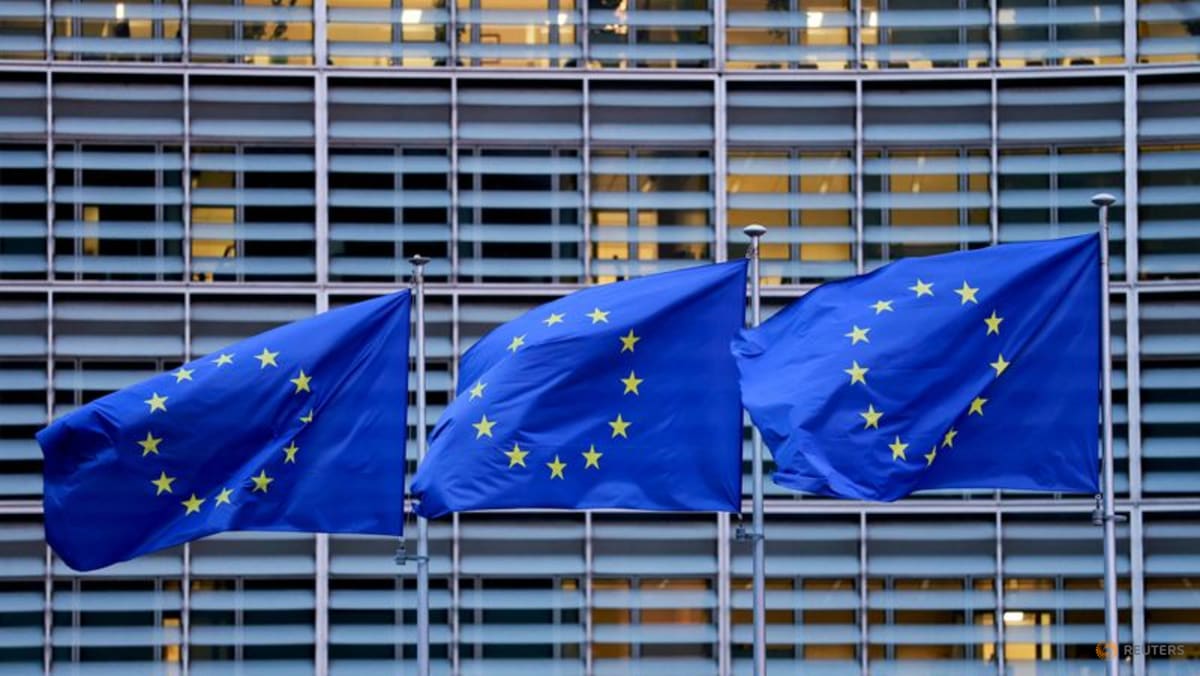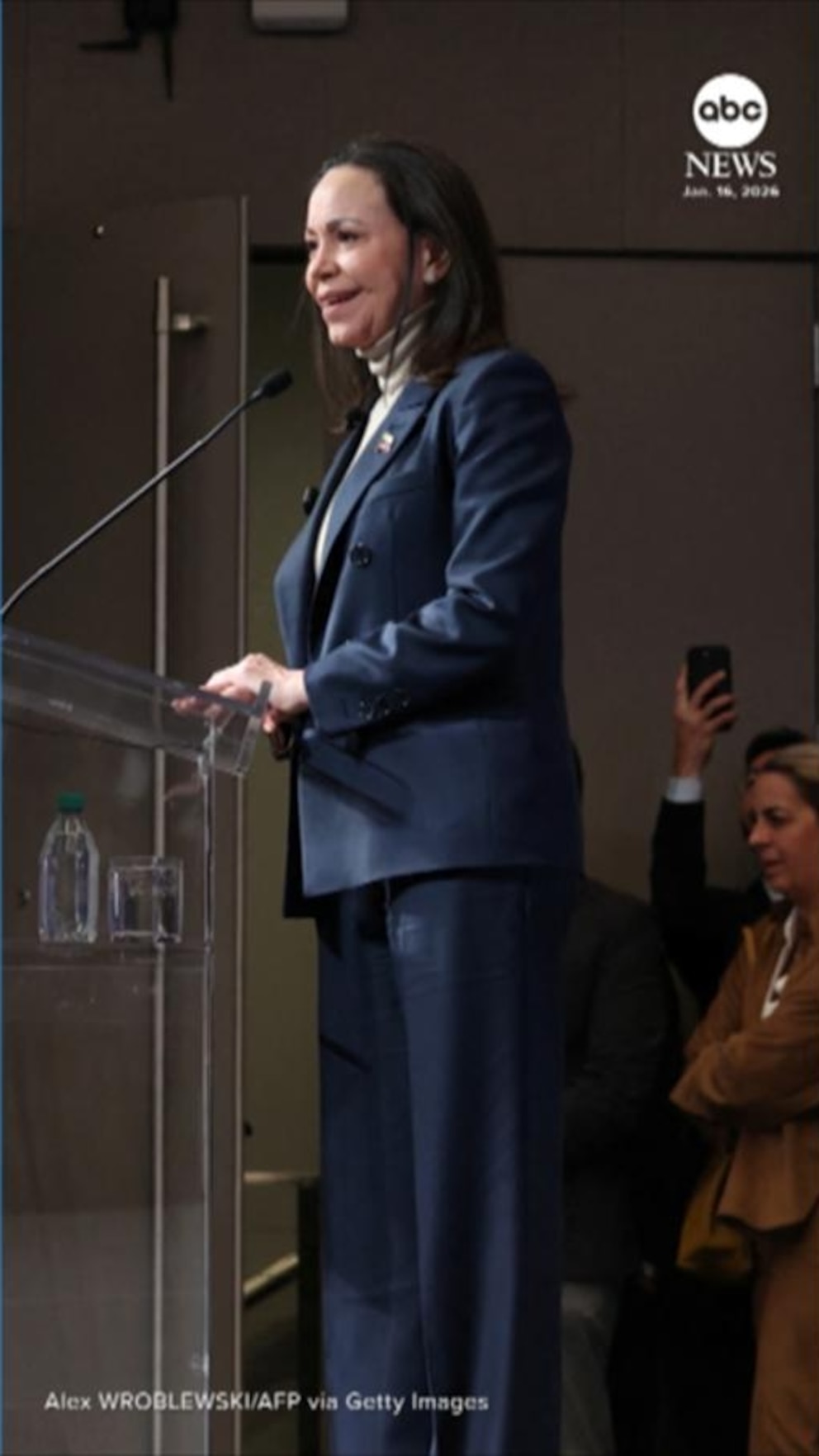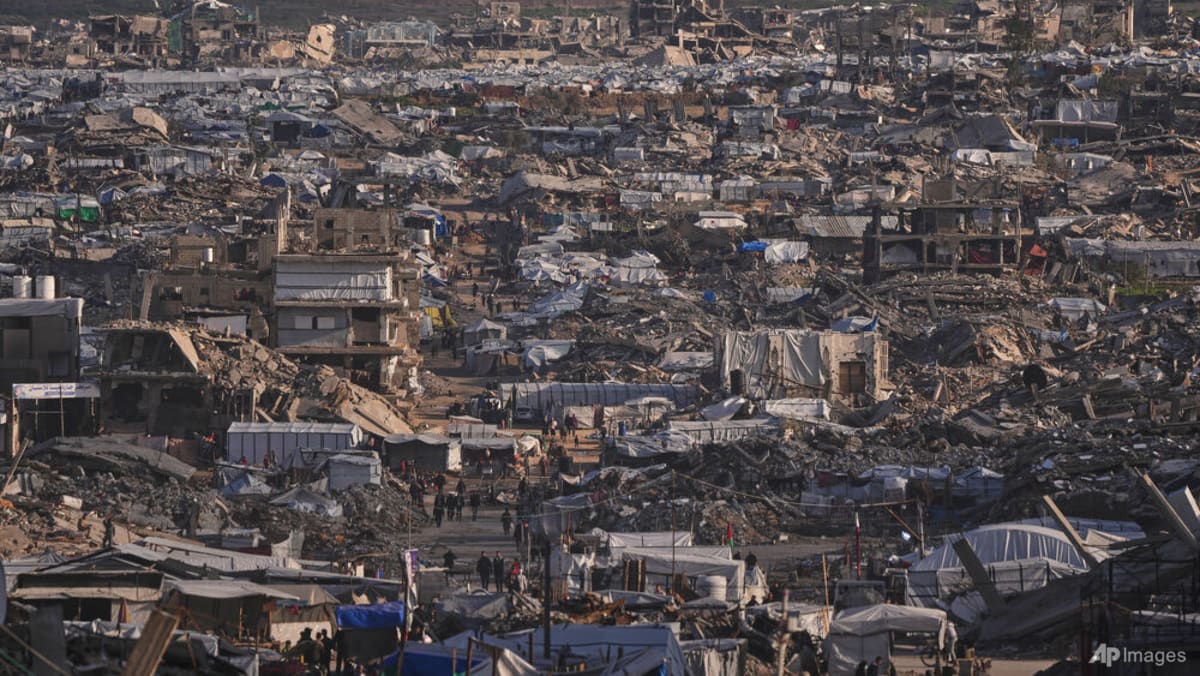How China used a ‘paper tiger’ to emerge as a nuclear weapon superpower

A PAPER TIGER WE CANNOT DO WITHOUT
On Aug 6, 1946, one year after the Hiroshima bombing, Mao Zedong was interviewed by American journalist Anna Louise Strong.
“The atomic bomb is a paper tiger used by the American reactionaries to scare people,” said Mao, who described the new killer weapon as scary looking, but in fact toothless.
“Of course, the atomic bomb is a weapon of mass slaughter, but it is the people, not one or two new weapons, that decide the outcome of a war,” he explained.
Historian Zhang Jing of Peking University has suggested that the “tactical” gestures of defiance were intended to boost the Communist Party’s morale as civil war loomed in China, heightening fears the US may intervene and use atomic weapons.
Ten years later, Mao announced during a speech that China would pursue advanced defence technologies, including nuclear weapons.
“Not only do we need more aircraft and artillery, but also the atomic bomb. In today’s world, we cannot do without this thing if we do not want to be bullied by others,” he told a Politburo meeting in 1956.
The decision was motivated in part by the technological shortcomings of the Chinese military during the Korean War, the First Taiwan Strait Crisis that began in 1954, and the build-up to the Vietnam War. But according to Zhang, Moscow’s pledges to help Beijing develop nuclear technologies also played a role.
With national strategy and policy set, recruitment of nuclear physicists like Deng Jiaxian and other scientists was soon underway. Research institutions were established and facilities were built, including the country’s first heavy water reactor and cyclotron. Uranium mines in the provinces of Jiangxi and Hunan also went into operation.
But within a few years, relations between Beijing and Moscow had soured and the Soviets halted aid and pulled their nuclear experts out of China, destroying all related documents as they left. It was June 1959, and suddenly the Chinese had to carry on by themselves. They named their independent atomic bomb programme “Project 596” to mark the bitter split.
Within the party’s leadership there were fierce debates about the bomb, with some suggesting the weapons project be put on hold as the country suffered through famine. But military chiefs at the time, such as Lin Biao, vice-chairman of the party, and Marshal Nie Rongzhen, vice-premier and head of the Commission of Science, Technology and Industry for National Defence, insisted the programme must continue, according to the memoir of General Li Xuge, former commander of the People’s Liberation Army’s Second Artillery Force.
One of the strongest proponents was foreign minister Chen Yi, who famously said “we must get the atomic bomb even if we have to sell our pants”. In July 1960, the debates had been laid to rest with Mao telling everyone to “be determined to work on cutting-edge technologies”.
By August 1964, construction of the U-235 fuelled implosion bomb had been completed and Chinese intelligence reports suggested the Americans or even the Russians might have been considering taking action against China’s nuclear facilities. That was confirmed decades later in declassified US documents.
In response, Mao reiterated that the purpose of the atomic bomb was “to scare others, not necessarily to be used in practice”.
“Since it is for intimidation, better have it go off earlier,” he ordered on Sep 20. The world heard the blast less than a month later.
In January 1965, two months after China became the fifth country with nuclear weapons, Mao was asked by journalist Edgar Snow about the “paper tiger” theory again.
“A nuclear bomb kills. But in the end, it will be annihilated eventually. In this sense, a nuclear bomb is really a paper tiger,” Mao replied.
Source: CNA


